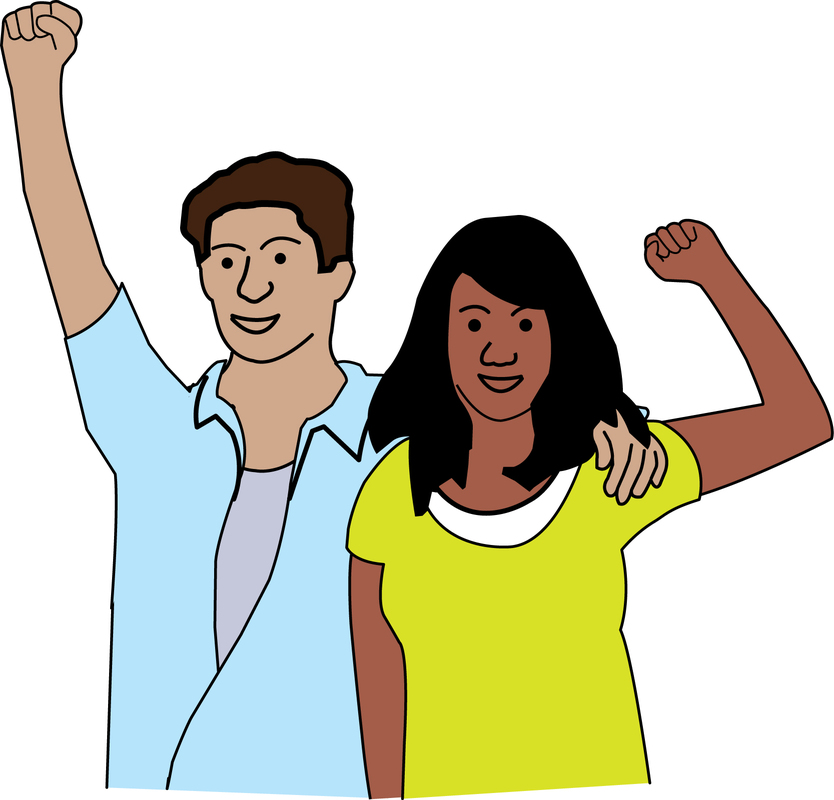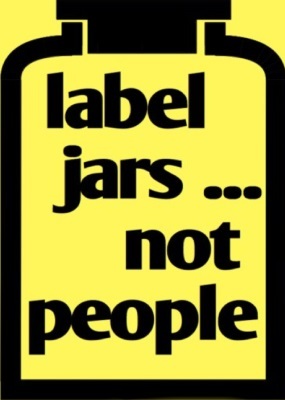
Self-advocacy and speaking up
Self-advocacy is about speaking up for yourself and being able to communicate what your needs are. Self-advocacy is also about knowing your rights and responsibilities and making choices and decisions and having more control of your life.
The self-advocacy movement began in the late 1960s in Sweden. Before this, most organisations were run by parents of people with learning difficulties/ disabilities. The self-advocacy movement continued to grow during the 70s and 80s alongside the Disability Rights Movement and the Independent Living Movement.
In 1984 self-advocates from the UK travelled to a conference in Canada about self-advocacy and brought this learning back to the UK. Soon after, People First (Self Advocacy) was set up and became the first self-advocacy organisation run and controlled by people with learning difficulties in the UK.
International conferences have since been held in London, England (1988), Toronto, Canada (1993), Anchorage, Alaska (1998) and Northampton, England (2001).
You can find more information about our self-advocacy work here.

Remember the 'Label jars not people' campaign?
This famous slogan 'Label jars not people' originally came from the Disability Movement in the USA. The Center On Human Policy (CHP), a policy, research, and advocacy organisation was involved in the national movement and promoted these values:
- All people with disabilities are entitled to inclusive education, living, employment, and leisure opportunities.
- All people with disabilities have the right to live in their own communities and pursue their own lifestyles.
- People with disabilities should play a central role in the design, operation, and monitoring of the support they receive.
- All people in society share the responsibility to create inclusive communities.
In the 80s and 90s self-advocacy focused on people understanding what their rights were and fighting for their rights to be respected.
Since then People First (Self Advocacy) has supported individuals to set up self-advocacy groups and organisations and supported groups to grow and become independent organisations.
We have spoken up and shared the views and experiences of our members with local and national decision makers and policy makers - we call this strategic advocacy.



